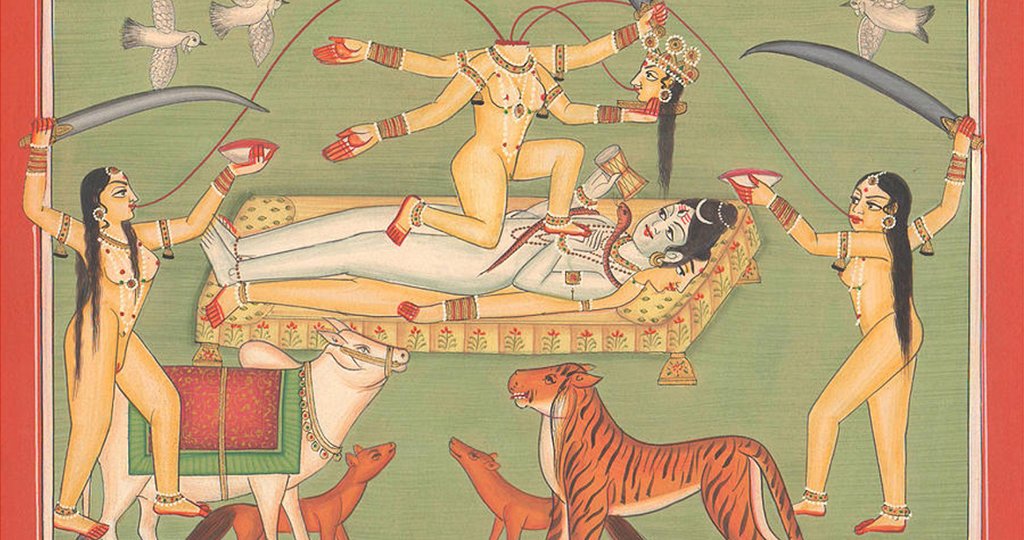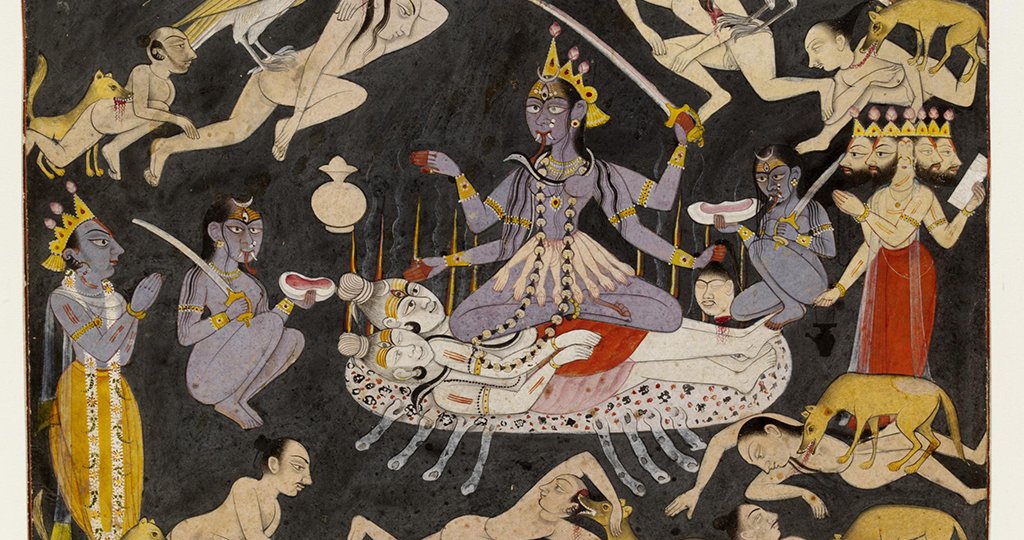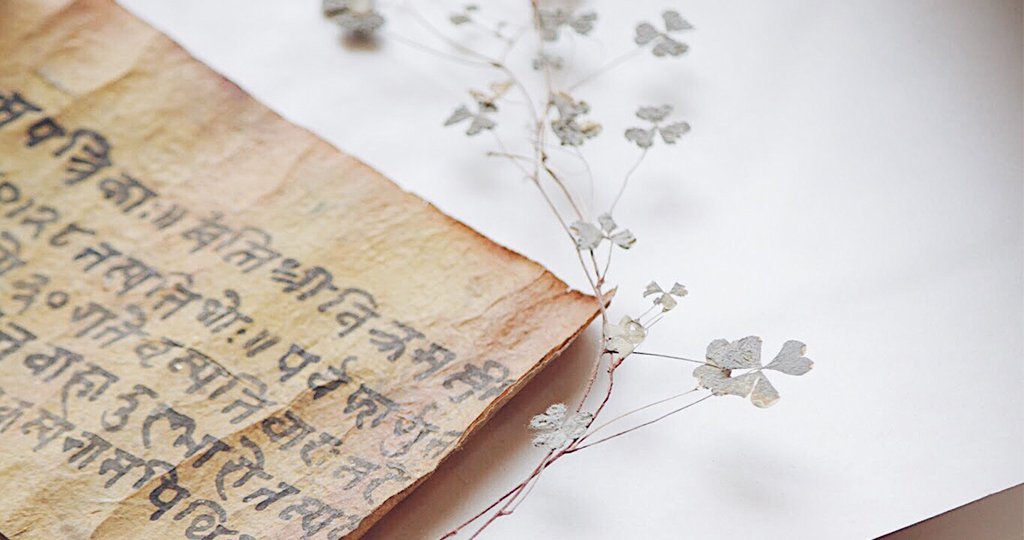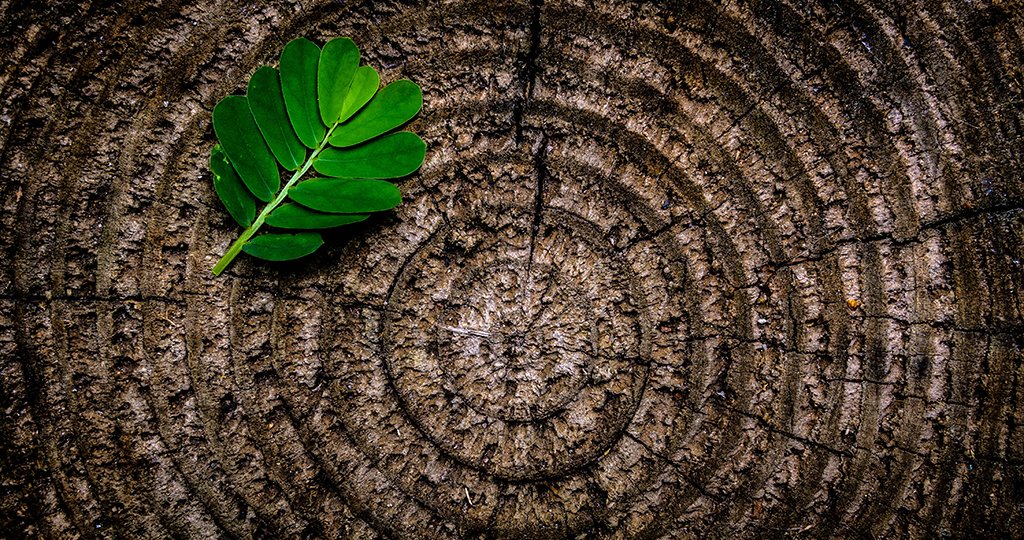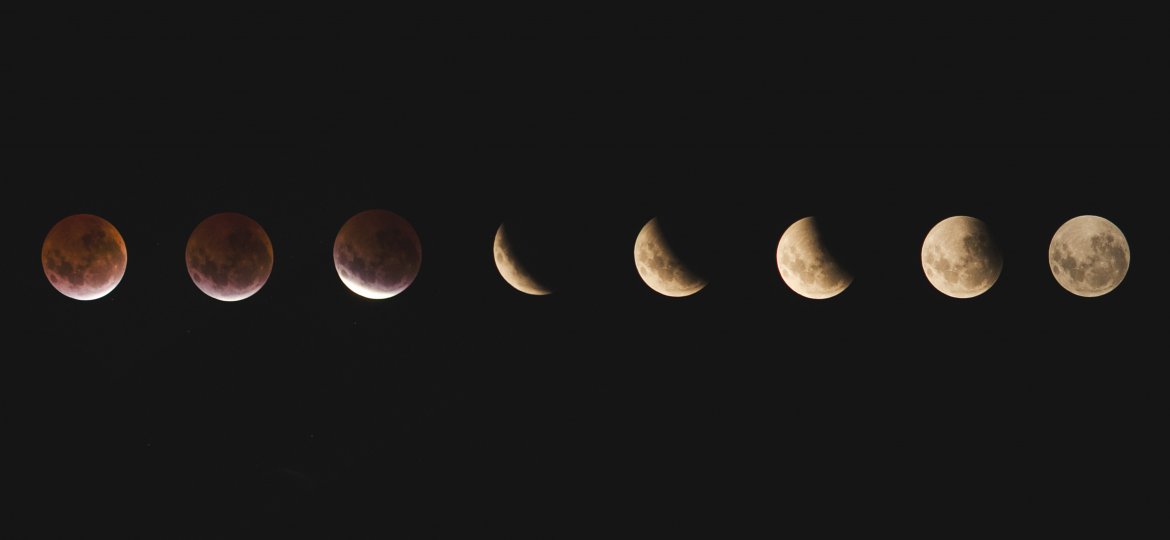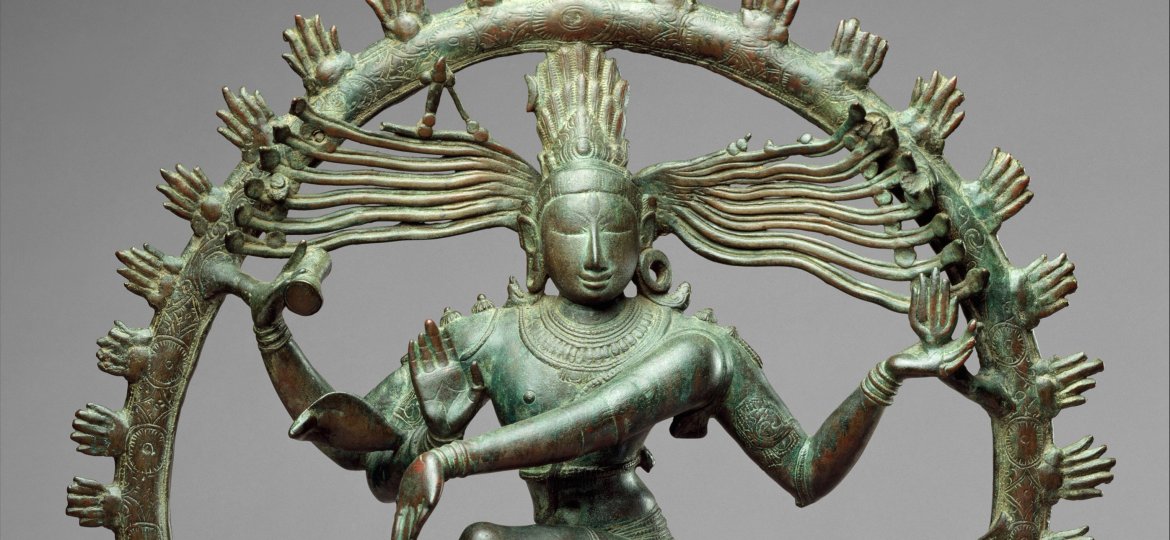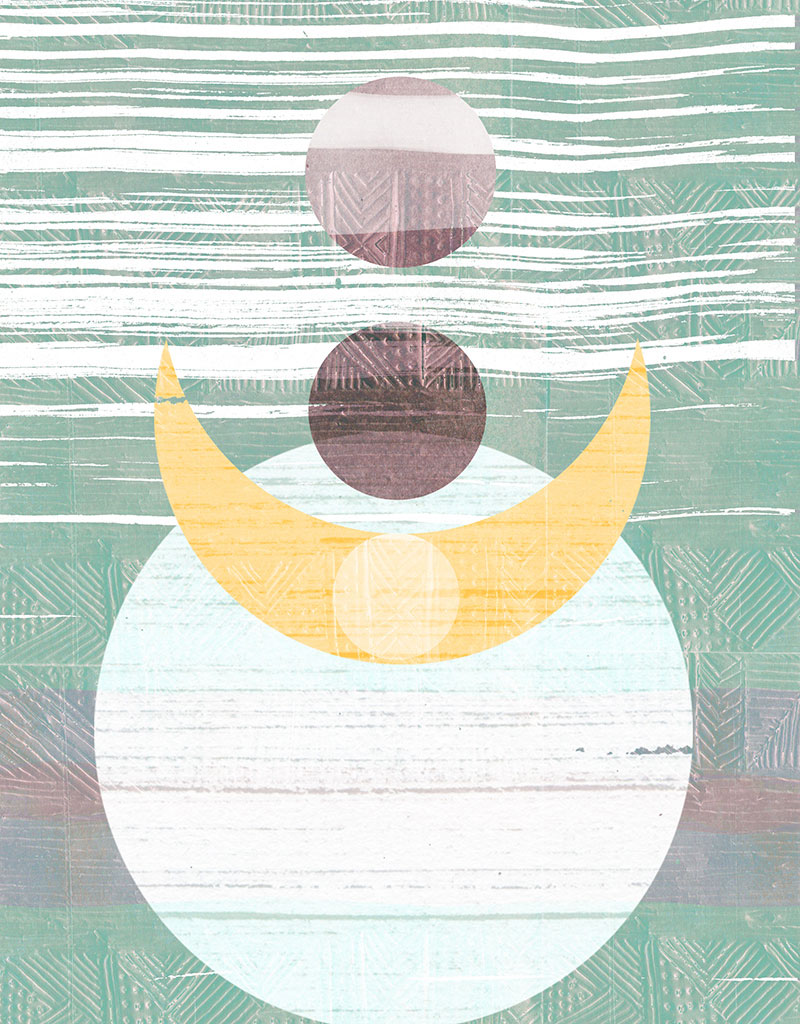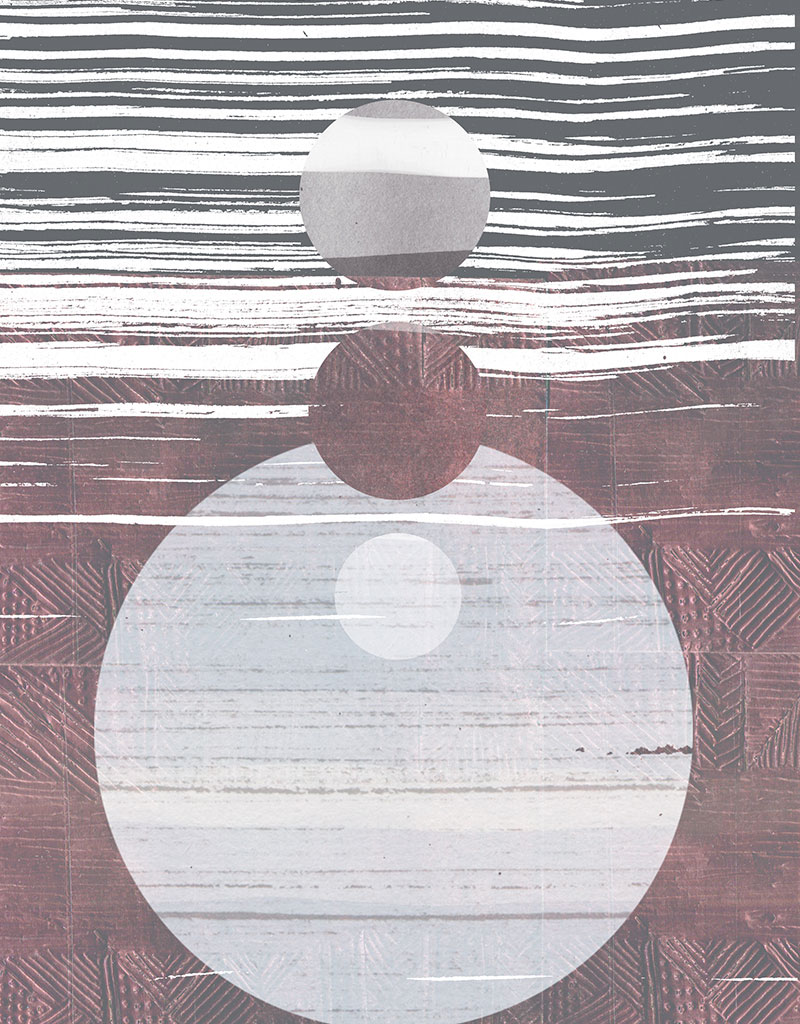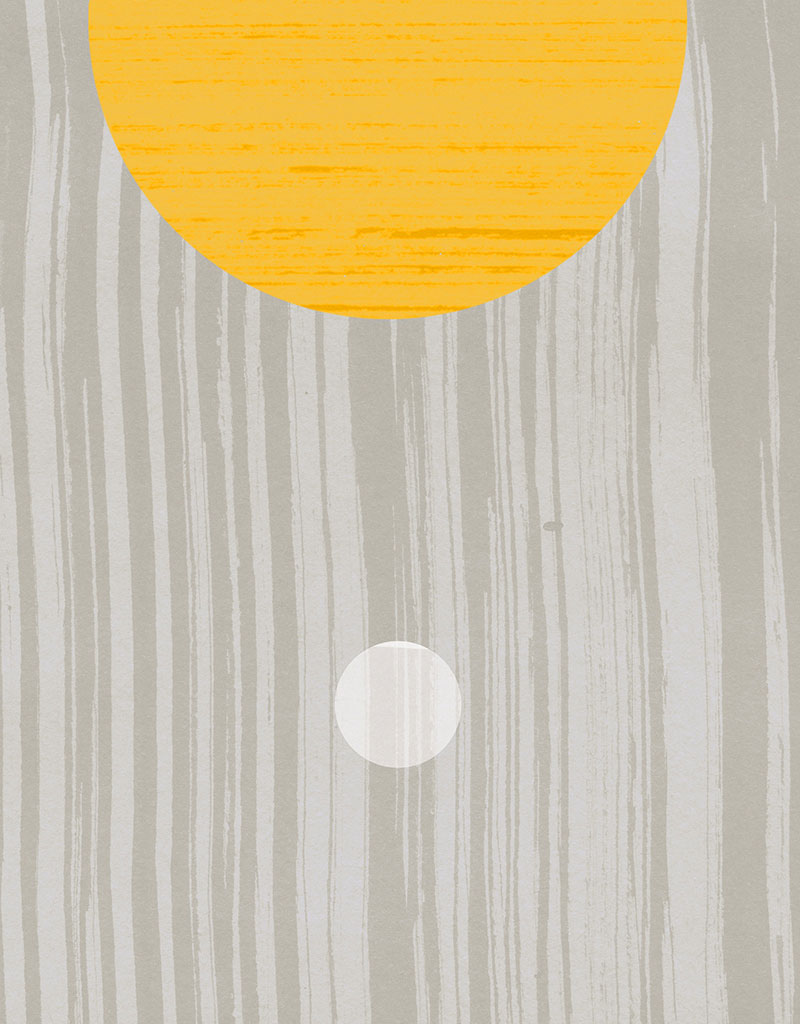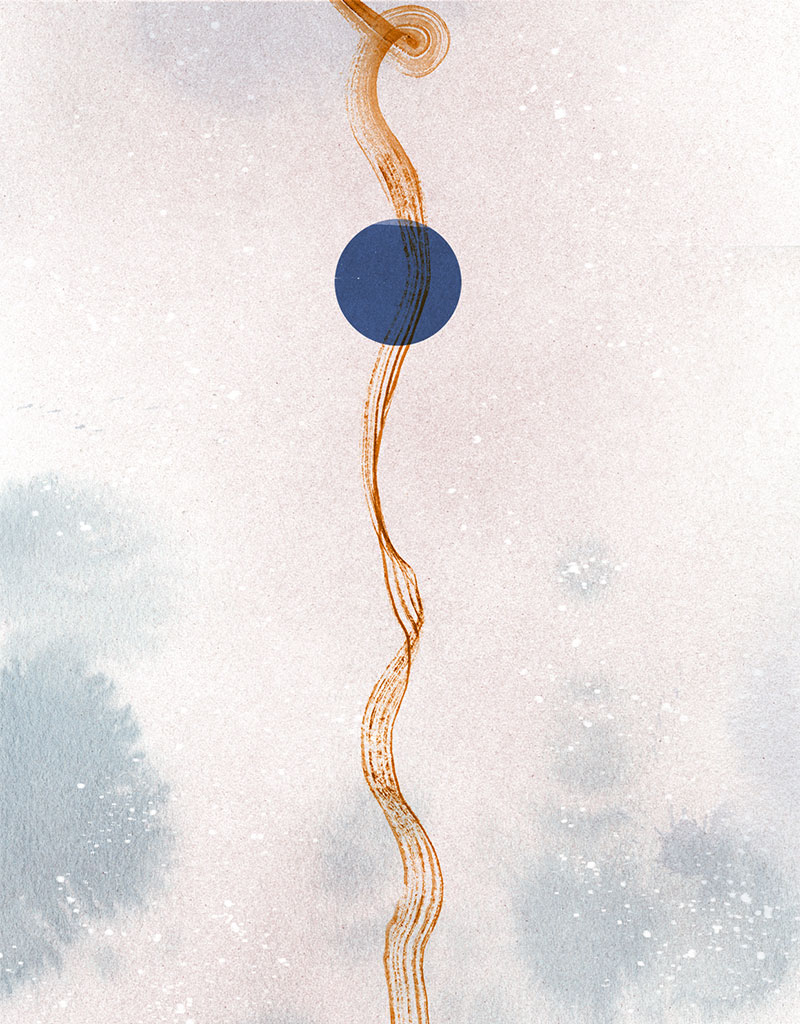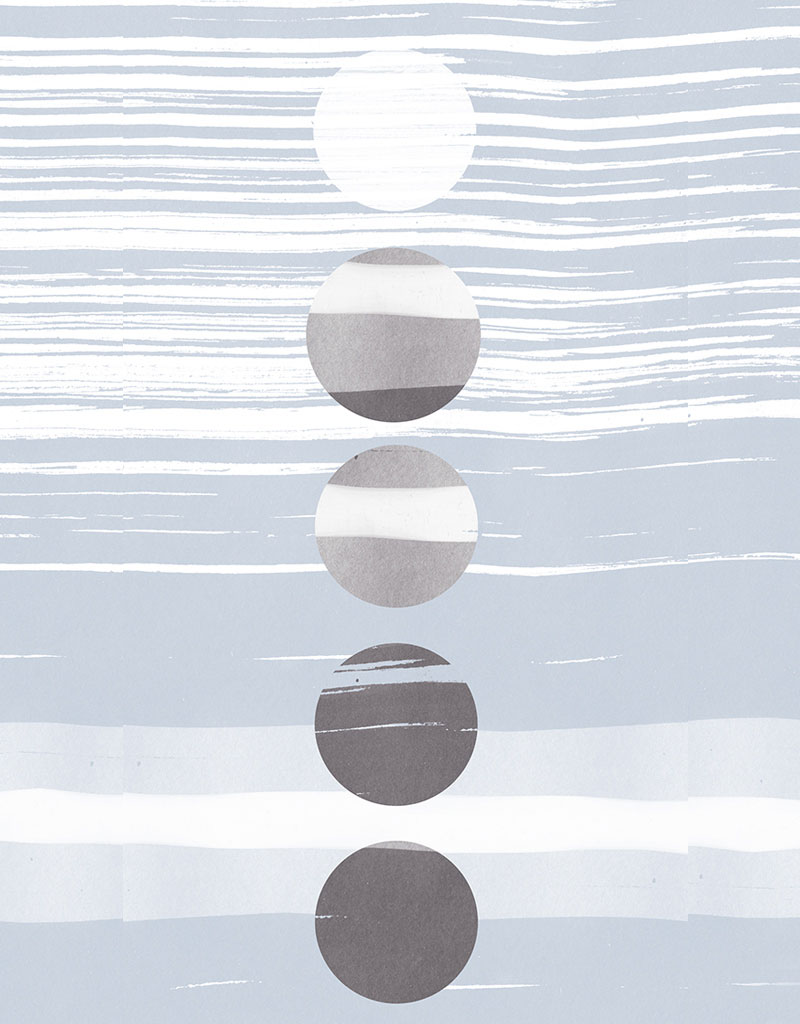Historically, a memento mori is a skull, usually displayed on the desks of philosophers and saints, as a constant reminder of death and mortality. In Latin it means “to remember you must die”
Wisdom
As we enter December, the last month of 2019, let’s contemplate on emptying ourselves of all the life experiences we had this year — our pains and joys, our material gains and losses alike
Tantra can be described as a body of beliefs and practices developed over millennia by loose affiliations of seekers or sadhakas who sought to free themselves from their limitations and become svatantra, “self-dependent.”
Growing up in India we were always warned of the dark and mysterious goddess—Kali. Stories of this apocalyptic goddess centred around death and destruction, her sinister black tongue exposed to the world, fearless in her stultifying anti-beauty (not ugly)
Sanskrit, an ancient language that has existed for approximately 500 years is also called Devavani – the language of gods. It is perhaps the most sacred and the most scientific language in the world
The profound brevity of this sentence, written by Patanjali, takes us immediately into the heart of what Yoga practice is about and what it’s meant to achieve. To cease the thoughts that consume our every living moment, and instead be ‘thoughtless’ in order to reach a fulcrum of silence and awareness
The Vedas declare “Vag Vai Brahmeti”; Brahman is verily speech. The various sound waves which are eternally and endlessly born from the womb of Brahman involute or descend from the higher causal levels to subtle and then gross or manifest levels
The evanescence of human existence compels man to probe life for deeper meaning and lasting value. The scientist attempts to unravel the mystery of life by exploring outer space. But with every tiny step forward he finds the horizons receding even further
A longstanding western tradition holds that the man was banished to the moon for a crime, like stealing. According to Dante’s Inferno that man was Cain
Sitting by the sea, in the early 70s, watching the ebb and flow of waves that rose and crashed, the now 79-year old physicist Fritjof Capra, author of the bestseller The Tao of Physics: An Exploration of the Parallel between Modern Physics and Eastern Mysticism (1975), had an epiphany.



